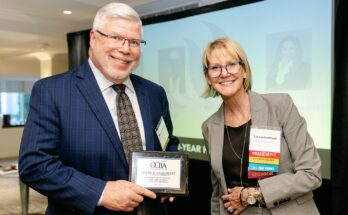 Faced with tighter budgets, Michigan cities and townships are looking for additional ways to raise revenue. Due to the Headlee Amendment, property tax increases are severely restricted. However, a municipality may establish or increase a fee without violating the Headlee Amendment. The question is: Where is the dividing line between a permissible fee and an illegal tax increase?
Faced with tighter budgets, Michigan cities and townships are looking for additional ways to raise revenue. Due to the Headlee Amendment, property tax increases are severely restricted. However, a municipality may establish or increase a fee without violating the Headlee Amendment. The question is: Where is the dividing line between a permissible fee and an illegal tax increase?
A tax is solely to raise revenue. A permissible fee (typically a permit or license fee) has three characteristics: (a) the fee serves a regulatory purpose; (b) the amount of the fee is proportionate to the necessary costs for the municipality to provide that service, and (c) payment of the fee is voluntary.
Several years ago, we were involved in litigation that resulted in the Wayne County Circuit Court declaring a license fee imposed by Sumpter Township illegal. The Court decided that the fee for a sand excavation license was really being used by the Township to discourage additional landfills from being located in the Township, and that the amount of the fee was excessive in relationship to the Township’s costs to regulate and inspect sand excavation sites. The Ordinance was set aside.
On January 21, 2010, the Michigan Court of Appeals issued its decision in Wolf v City of Detroit. The plaintiff claimed that a new Solid Waste Inspection Fee adopted by the City of Detroit was really just a disguised tax. The inspection fee was imposed on properties that did not use the City’s Department of Public Works for solid waste pick-up. The Court of Appeals analyzed the three criteria for a fee and decided that the fee was permissible. A copy of the Court of Appeals’ decision is attached.
Whenever a municipality imposes a new fee, or dramatically increases the amount of a fee, then one should analyze whether the three criteria for a fee are met. If not, the fee may be challenged as a hidden tax.
Click here to download a PDF copy of the Court of Appeals Decision.
This article was written by Mark S. Demorest, Managing Member of Demorest Law Firm.



